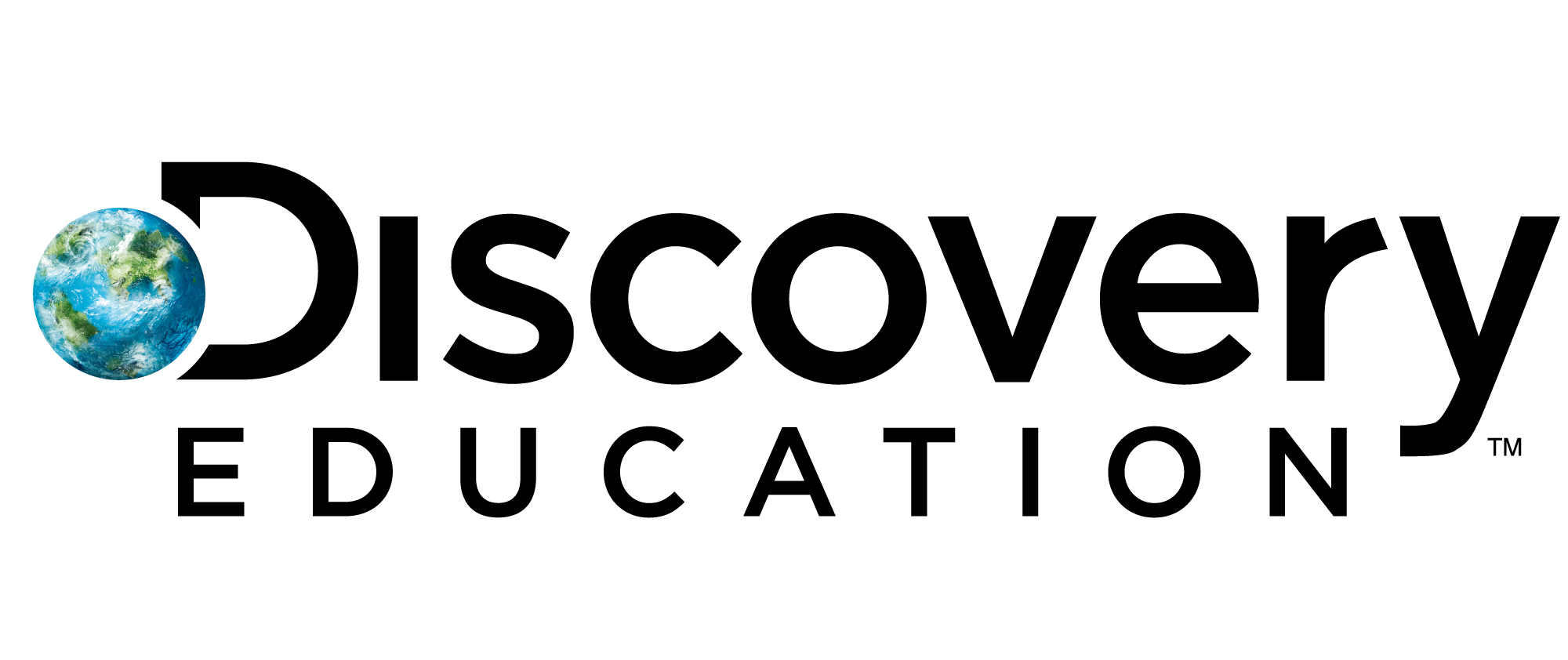A Week of Free Resources Connecting Students to Innovation and Resourcefulness
By Callie Bendickson, Principal of Corporate Social Responsibility at Itron

Where there is water, there is life, and every drop of water makes a world of difference. From drinking and hygiene to food and energy, water means survival.
Now, with so many students learning from a virtual distance, educators have new and unique resources they can integrate into classroom instruction and teach students all the ways they can be more thoughtful when they turn on the tap. Through no-cost content from Conservation Station: Creating a More Resourceful World—a standards-aligned educational program that promotes energy-water literacy and conservation efforts through technology—teachers can now inspire sustainability in grades 6-9. Conservation Station: Creating a More Resourceful World was created through a partnership between Itron and Discovery Education.
Integrate Conservation Station: Creating a More Resourceful World into classroom instruction during the Week of Resourcefulness, October 26th to October 30th. Here is a proposed lesson plan for the week:
Monday, October 26
The “Smart Schools” activity lets students completely reimagine traditional energy models to help reduce their school’s carbon footprint.
Students calculate how much money the school district will save in the cost of gasoline used by school buses and identify ways to spend the yearly savings to implement green infrastructure in their schools. Teams summarize and communicate their plan by creating a video to “pitch” their hybrid schedule to their superintendent.
At the end of the lessons, students can:
- Determine the number of miles driven, gasoline consumed, and carbon emitted by the buses used in the school district.
- Develop a hybrid school schedule with a mix of online and face-to-face instruction.
- Calculate the total savings in gasoline using their hybrid schedule.
- Organize a plan to use the yearly savings of their hybrid schedule to implement green infrastructure in their schools.
Tuesday, October 27
Explore “Sustainability Challenge,” an activity showing students how to create recycling loops to optimize both resource and waste management.
In small design teams, they identify solutions to hypothetical challenge scenarios that require them to sustainably manage both resources and waste. They discover the relationship between energy, water, and food by selecting biorecycling techniques (algae photobioreactors, anaerobic digesters, and composting) to map the flow within and between their biorecycling systems.
Learning objectives include the ability to:
- Compare the inputs and outputs for photobioreactors, anaerobic digesters, and composting.
- Create recycling loops by matching resource inputs and waste outputs to convert waste into resources.
- Construct flowcharts mapping the energy, water, and nutrient flows within and between biorecyling systems.
Wednesday, October 28
Join in for two live events!
- For Educators: Envision Charlotte’s Cities & Circularity Free Virtual Panel
Schools are playing a vital role in developing a whole new generation of leaders in sustainability. The panel session will explore education in K-12 public schools, universities and other programs reaching today’s youth. Please join us from 9-10:30 am EST for the Curriculum for Circularity free panel session with Discovery Education’s Director of STEM Curriculum on the future of STEM education and how Conservation Station will be a part of making strides towards accessible education about the water-energy nexus. - For Your Class: Thirst for Power Film Q&A
Register your class for a live screening of the documentary Thirst for Power followed by a Q&A with the two film creators, Dr. Michael Webber and Mat Hemes. This film will take students across various locations to explore the history of civilization’s quest to procure abundant water and energy. The documentary provides students with insights into the latest science of energy and water.
Thursday, October 29
The “Quenching the Thirst of the Future” activity channels students’ engineering skills as they design a new model for water treatment.
In this hands-on engineering activity, design teams will plan, build, and test a desalination plant using a thermal process approach. Using a saltwater circuit, they test and evaluate the efficiency of their prototype and compare their results with other design teams to identify and discuss ways to improve the efficiency of their desalination plant model.
With this lesson, students can:
- Describe the thermal process of water desalination.
- Construct a model of a desalination plant.
- Evaluate and revise the design of their model by testing for the presence of salt.
Friday, October 30
Kick back with your classroom and end your Week of Resourcefulness by watching Conservation Station’s latest Virtual Field Trip ‘Inifinite Possibilities: Internet of Things’.
During the completely virtual experience, students in grades 6-9 gain an exciting look at how the internet they use in their everyday lives can conserve natural resources, protect ecosystems, and create safer, more sustainable communities. Students also dive into the world of cutting-edge smart technology and sustainable innovation by meeting talented real-world STEM professionals.
Bonus! The virtual field trip has an accompanying educator’s guide, providing all the resources teachers need to make a lasting educational impact while connecting the dots between the innovation and sustainability needed to inspire more resourceful communities, and create a more resourceful world.
For even more content from Conservation Station, turn to LearnToConserve.com or the Discovery Education Experience platform.

